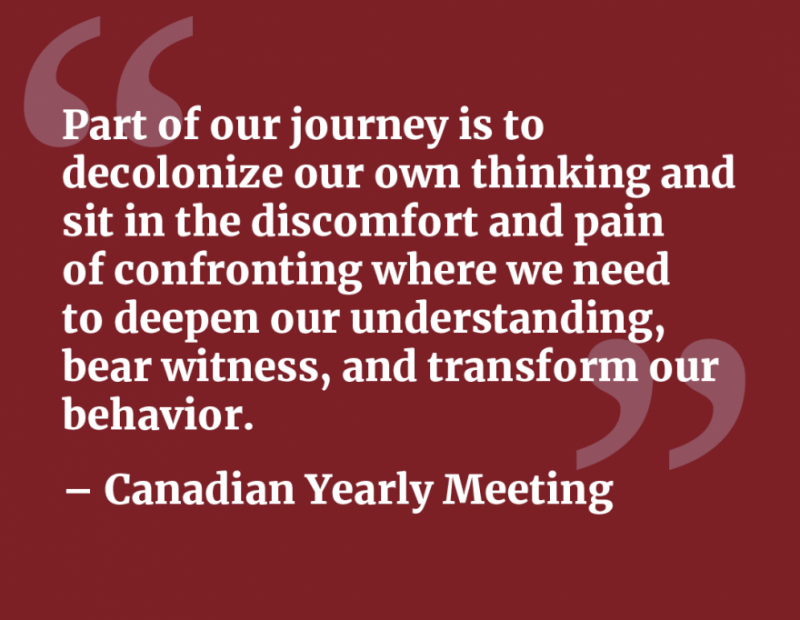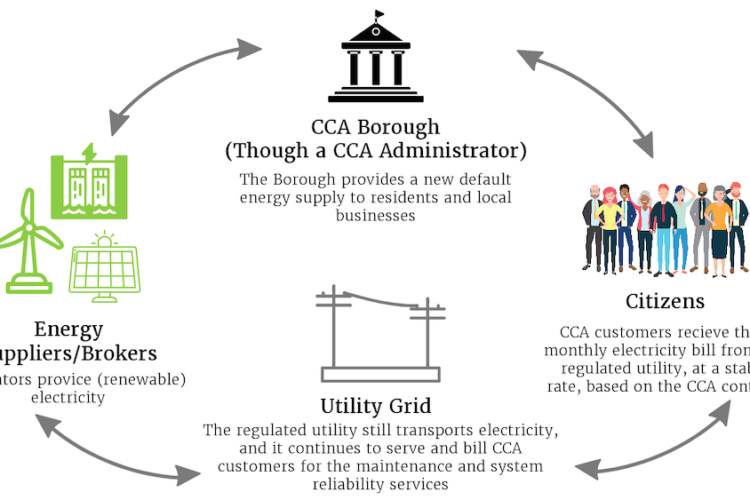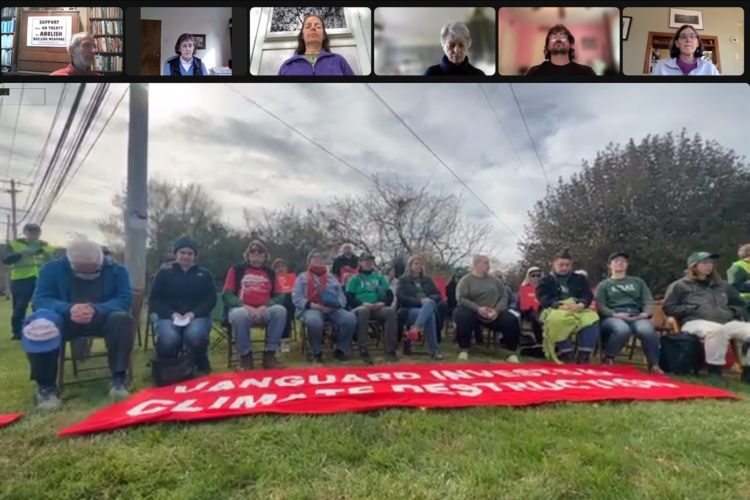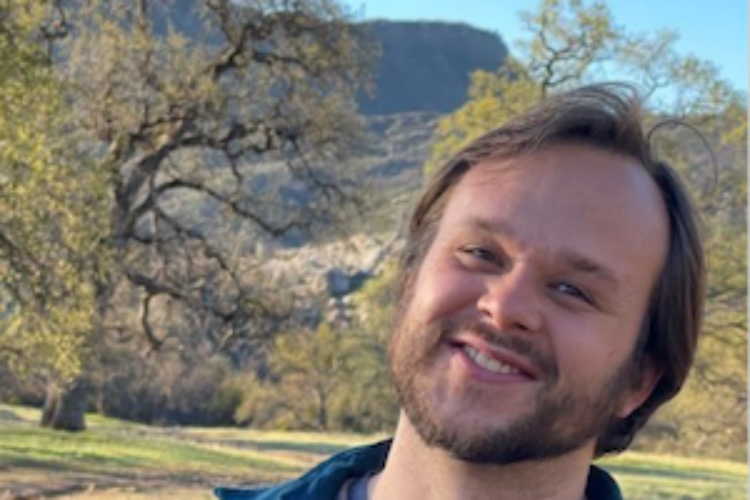Examining Institutional Racism

By Lauri Langham.
The intersection between environmental justice and racial justice is a busy one. We recognize how Black, Indigenous, people of color (BIPOC) and low-income people are the frontline communities that suffer the first and worst effects of planet destruction and climate change: from the placement of toxic dumps and pipelines to disproportionate destruction from flood and hurricanes.
Many Friends Meetings and Quaker organizations are actively seeking to acknowledge our complicity in institutional and environmental racism, and build organizations that value diversity, respect, and power-sharing. As expressed by Canadian Yearly Meeting “part of our journey is to decolonize our own thinking and sit in the discomfort and pain of confronting where we need to deepen our understanding, bear witness, and transform our behavior.”
How do we create diversity and inclusion? One way is to seek out people being hurt or potentially hurt by environmental destruction and damage. The people in these communities are capable of leading the changes they need. We are called to be supportive of their identified needs and follow their lead, not be the experts. Another way is to examine the conscious or unconscious cultural norms of our organizations to understand ways in which practicing these norms may cause BIPOC and other marginalized groups to feel excluded.
For the past year a group of 60 members and attenders of Durham Friends Meeting in North Carolina has participated in the Racial Equity Learning Arc, (RELA) led by Alexa Broderick, Director of the Equity Paradigm. It has been a rich opportunity to explore how we can work towards being a non-racist welcoming and inclusive community. Since August 2019, we have met in groups to examine ways in which cultural and institutional racism have shaped our own identity formation and identify specific behaviors, norms, and expectations that reinforce systems of racism and white supremacy.
One of the tools that we are working with is the document entitled Characteristics of White Supremacy Culture developed by Tema Okun and Kenneth Jones in 2001. The characteristics are: Perfectionism, Sense of Urgency, Defensiveness; Quantity over Quality, Worship of the Written Word, Paternalism, Either/Or thinking, Power Hoarding, Fear of Open Conflict, Individualism, Progress is Bigger/More, and Right to Comfort. (These characteristics, it is acknowledged, can also be present in organizations that include or are led by BIPOC.)
Tema Okun states:
“One of the purposes of listing characteristics of white supremacy culture is to point out how organizations which unconsciously use these characteristics as their norms and standards make it difficult, if not impossible, to open the door to other cultural norms and standards. As a result, many of our organizations, while saying we want to be multicultural, really only allow other people and cultures to come in if they adapt or conform to already existing cultural norms. Being able to identify and name the cultural norms and standards you want is a first step to making room for a truly multi-cultural organization.”
In an exercise during a RELA session, we considered how we felt our meeting embodied the characteristics. While there was not a strong resonance with all of the characteristics, there were others where many expressed a need and desire to make changes to become a community where diversity, healthy conflict, and power sharing are present.
The RELA program will conclude in the late winter with the final two sessions focusing on themes of balancing power and equitable decision making; and strategic planning for diversity equity and inclusion. Early on, a RELA Steering Committee formed to work on integrating our learning and awareness into the meeting community as a whole. Activities included our meeting approving a Solidarity Statement written by RELA following the murder of George Floyd, two adult education programs about our experiences with a third being planned, and a plan to have conversations with every committee in our meeting to further discern how we can become an equitable community.
In describing and sharing these efforts to actively engage in anti-racist work in the Durham Friends community, it should be acknowledged that this is a work in progress. Anti-racist work is complex, many layered, and requires long-term commitment on the part of individuals and organizations. Rather than a “fix,” it is a process which asks us to recognize our biases, privilege, and how we have benefited from white supremacy; it asks us to learn how white people can be allies, and how to shape institutions to represent and gratefully include those of a diverse background. My hope is that each of us individually and in whatever our larger circles may be, within our Quaker communities and beyond, see with new eyes and ears, and continue the work of building the beloved community of justice and inclusion for all.


